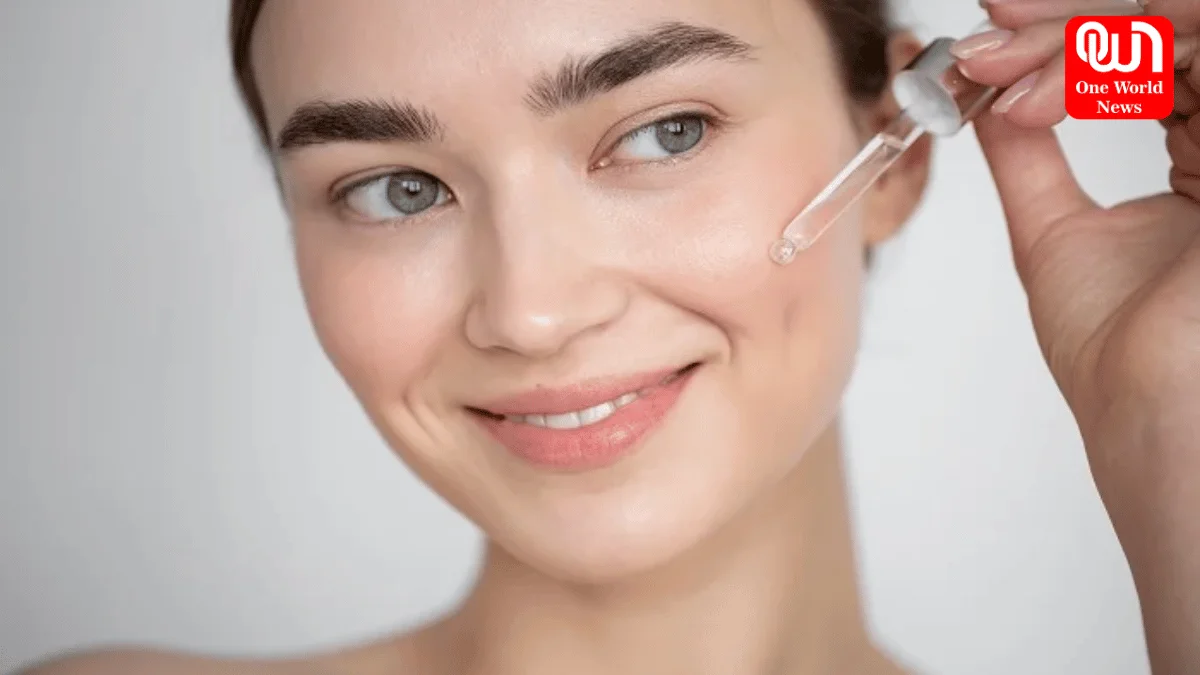What is better? Serum vs Cream? Lett’s Find Out!
Serum vs Cream- what is the debate all about? And which one is better for your skin? Let us find out!
Serum vs Cream: Let us settle the debate!
When it comes to skincare, the choice between serums and creams often depends on individual skin type, concerns, and preferences. Both serums and creams offer unique benefits and can be valuable additions to a skincare routine. Let’s explore the characteristics of each to help you determine which may be better suited for your needs.
Serums:
Read more: 8 Korean lifestyle habits for health and wellness (oneworldnews.com)
Serums are lightweight, fast-absorbing skincare products that contain high concentrations of active ingredients. They are formulated with smaller molecules, allowing them to penetrate deeply into the skin and deliver potent ingredients directly to the target areas. Here are some key benefits of serums:
- High Concentration of Active Ingredients: Serums typically contain a higher concentration of active ingredients such as antioxidants, vitamins, hyaluronic acid, peptides, and other beneficial compounds. These potent ingredients address specific skincare concerns such as hydration, brightening, anti-aging, or acne treatment.
- Targeted Treatment: Due to their lightweight texture and high potency, serums are ideal for targeting specific skincare concerns. Whether you’re looking to combat fine lines and wrinkles, fade dark spots, or improve skin texture, there is likely a serum formulated to address your particular needs.
- Absorbs Quickly: Serums have a thin consistency and are quickly absorbed into the skin without leaving a heavy or greasy residue. This makes them suitable for layering with other skincare products and wearing under makeup.
- Suitable for All Skin Types: Serums come in a variety of formulations to accommodate different skin types, including oily, dry, sensitive, and combination skin. There are lightweight serums for oily or acne-prone skin, as well as hydrating serums for dry or dehydrated skin.
Creams:
Skincare creams are thicker, more emollient formulations designed to provide hydration, nourishment, and moisture to the skin. They typically contain a blend of water, oils, and other ingredients to help lock in moisture and create a protective barrier on the skin’s surface. Here are some benefits of creams:
- Intense Hydration: Creams are formulated with emollients and occlusive agents that help seal in moisture and prevent water loss from the skin. They are particularly beneficial for individuals with dry or dehydrated skin who require intense hydration and nourishment.
- Protective Barrier: Creams create a protective barrier on the skin’s surface, helping to shield it from environmental aggressors such as pollution, UV rays, and harsh weather conditions. This barrier function helps maintain the skin’s moisture levels and prevents transepidermal water loss.
Read more: Gen Zers need to ditch the Nike Air Force 1 sneakers and wear (oneworldnews.com)
- Nourishing Ingredients: Many creams contain nourishing ingredients such as ceramides, fatty acids, shea butter, and botanical extracts that help replenish and repair the skin barrier. These ingredients provide essential nutrients and antioxidants to promote healthy, radiant skin.
- Soothing and Calming: Creams can have soothing and calming properties, making them suitable for sensitive or irritated skin. They can help alleviate redness, inflammation, and discomfort, providing relief to reactive skin types.
Which One Is Better?
Ultimately, whether a serum or cream is better for you depends on your skincare goals, concerns, and preferences. Serums are ideal for targeting specific skincare concerns with potent active ingredients, while creams provide intense hydration, nourishment, and protection for the skin. Many people incorporate both serums and creams into their skincare routines, using serums for targeted treatment and creams for hydration and moisture. Experimenting with different products and formulations can help you find the best combination for your skin’s needs. Additionally, consulting with a dermatologist or skincare professional can provide personalized recommendations based on your skin type and concerns.
Like this post?
Register at One World News to never miss out on videos, celeb interviews, and best reads.








